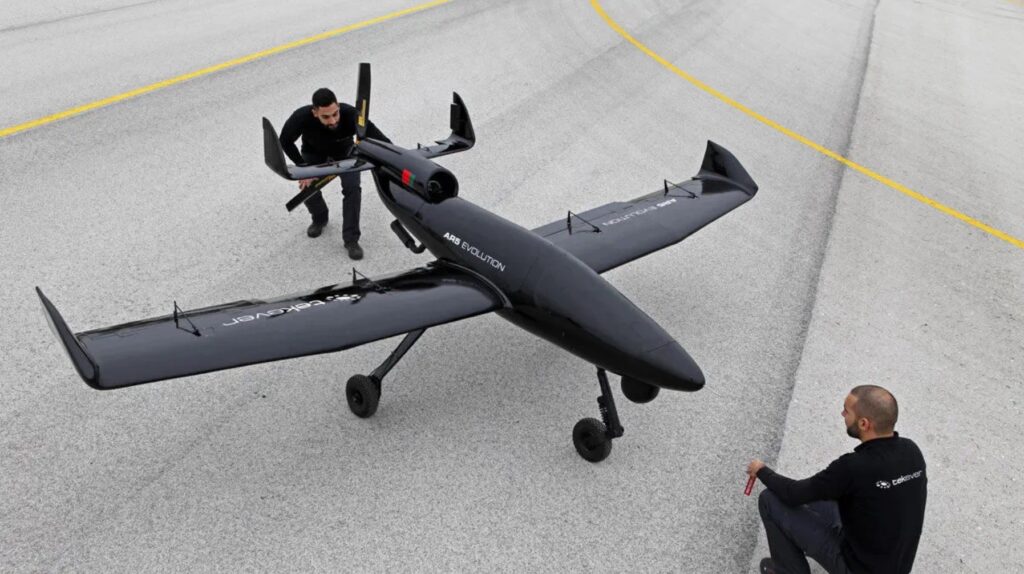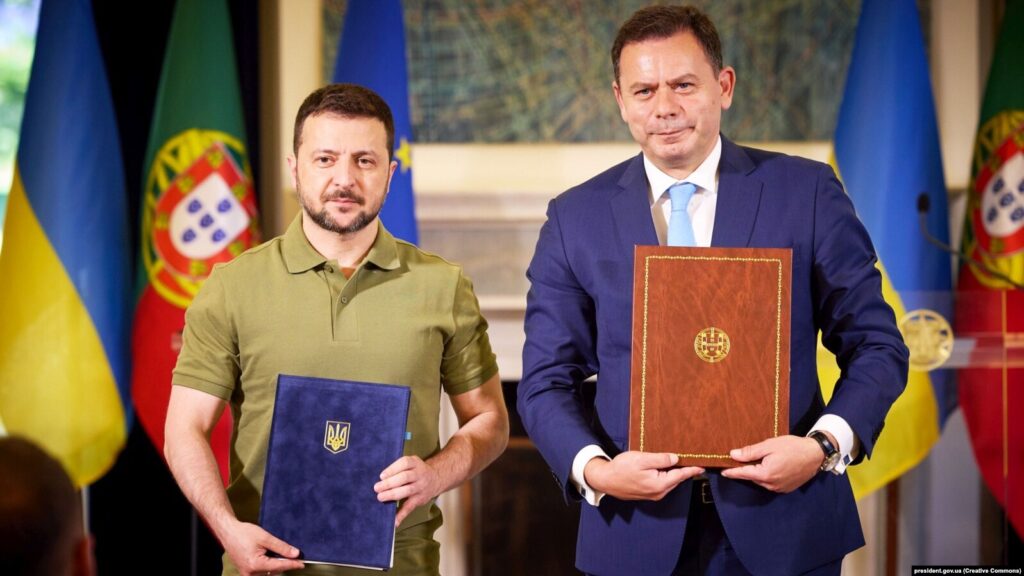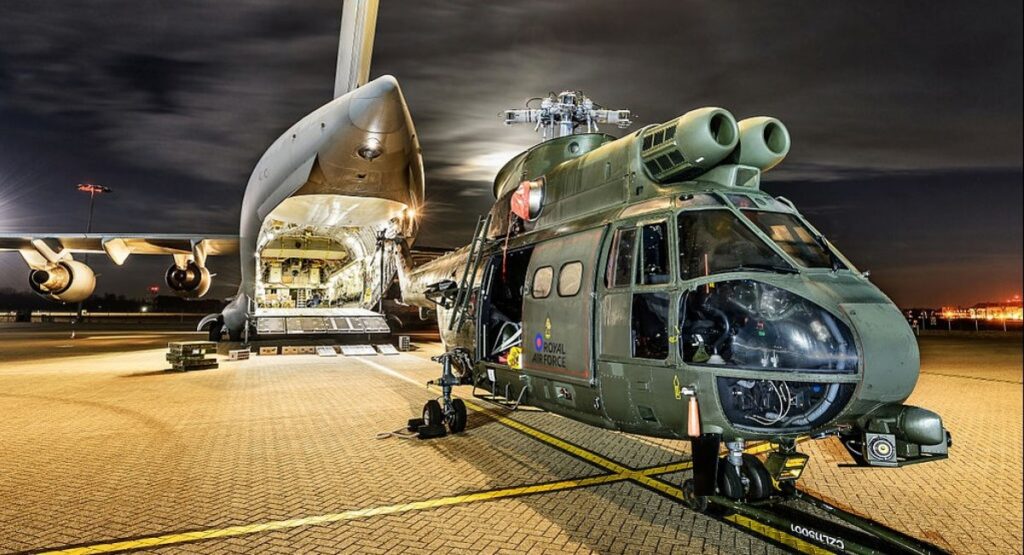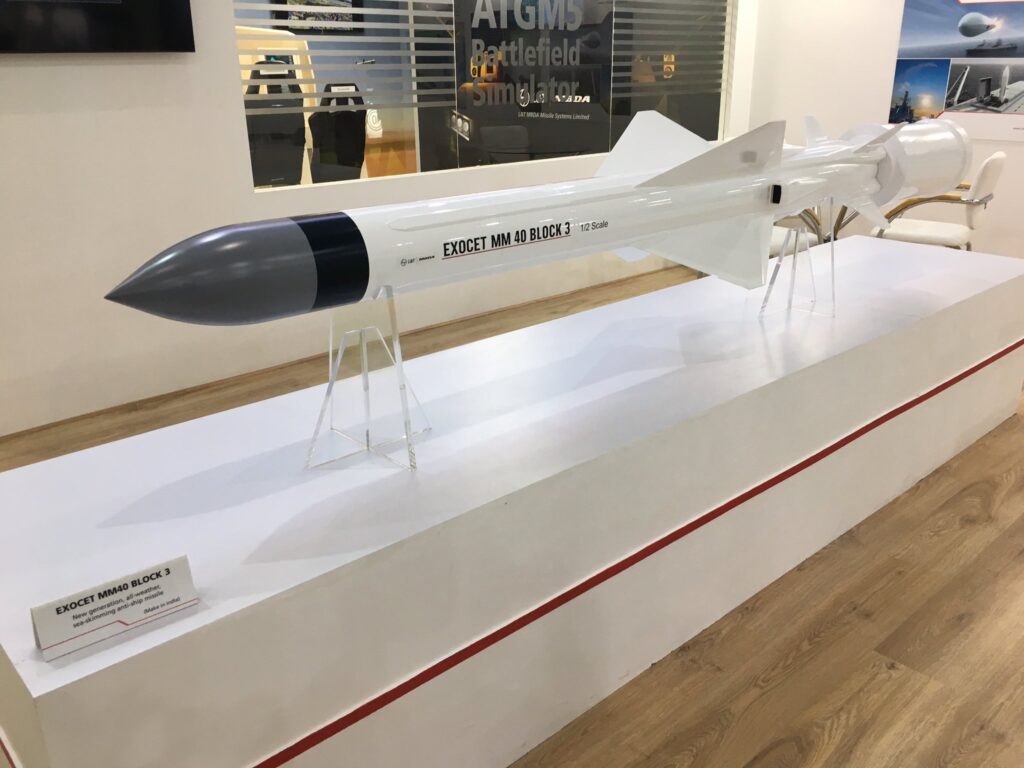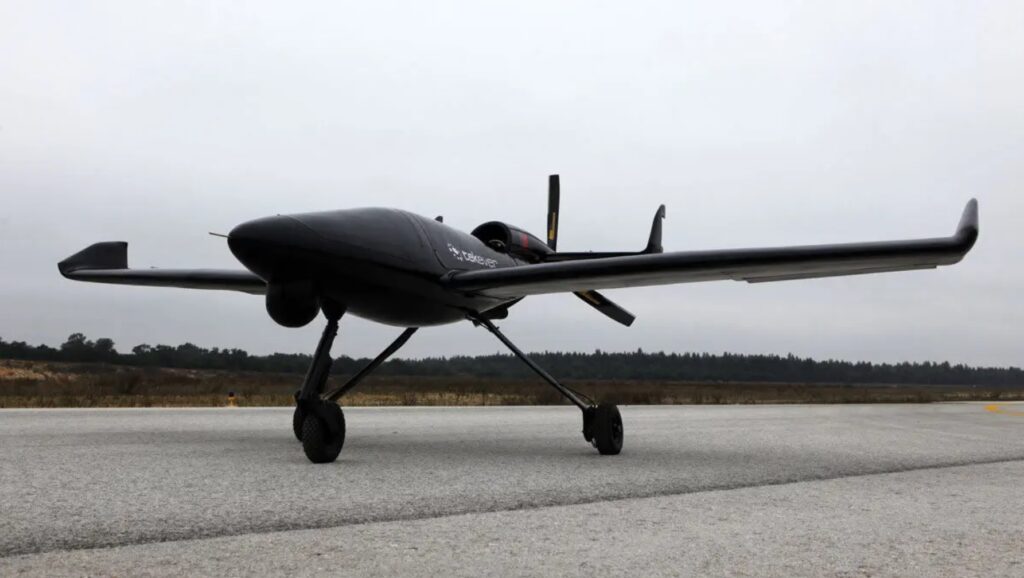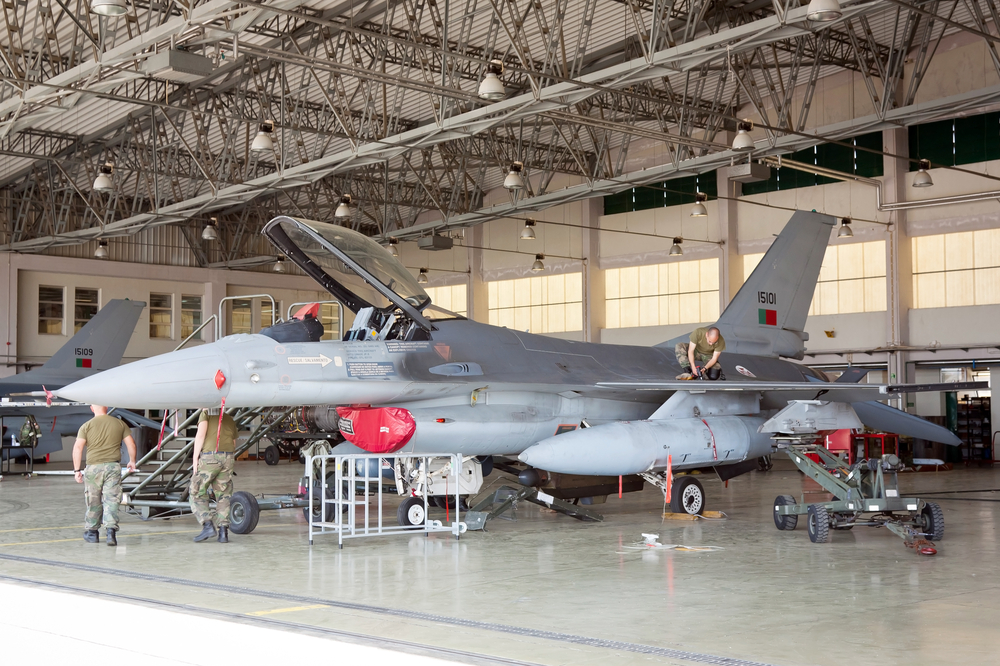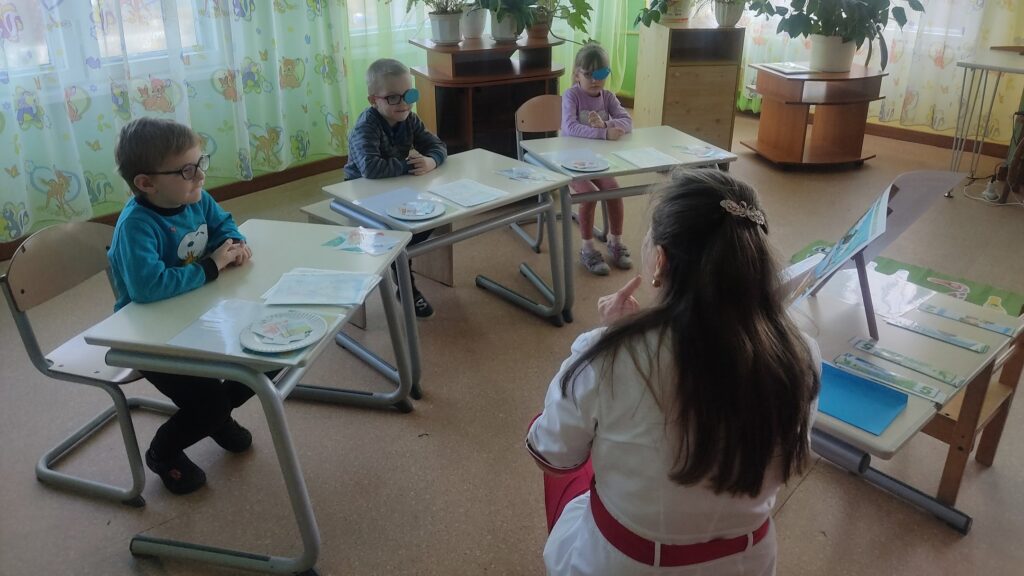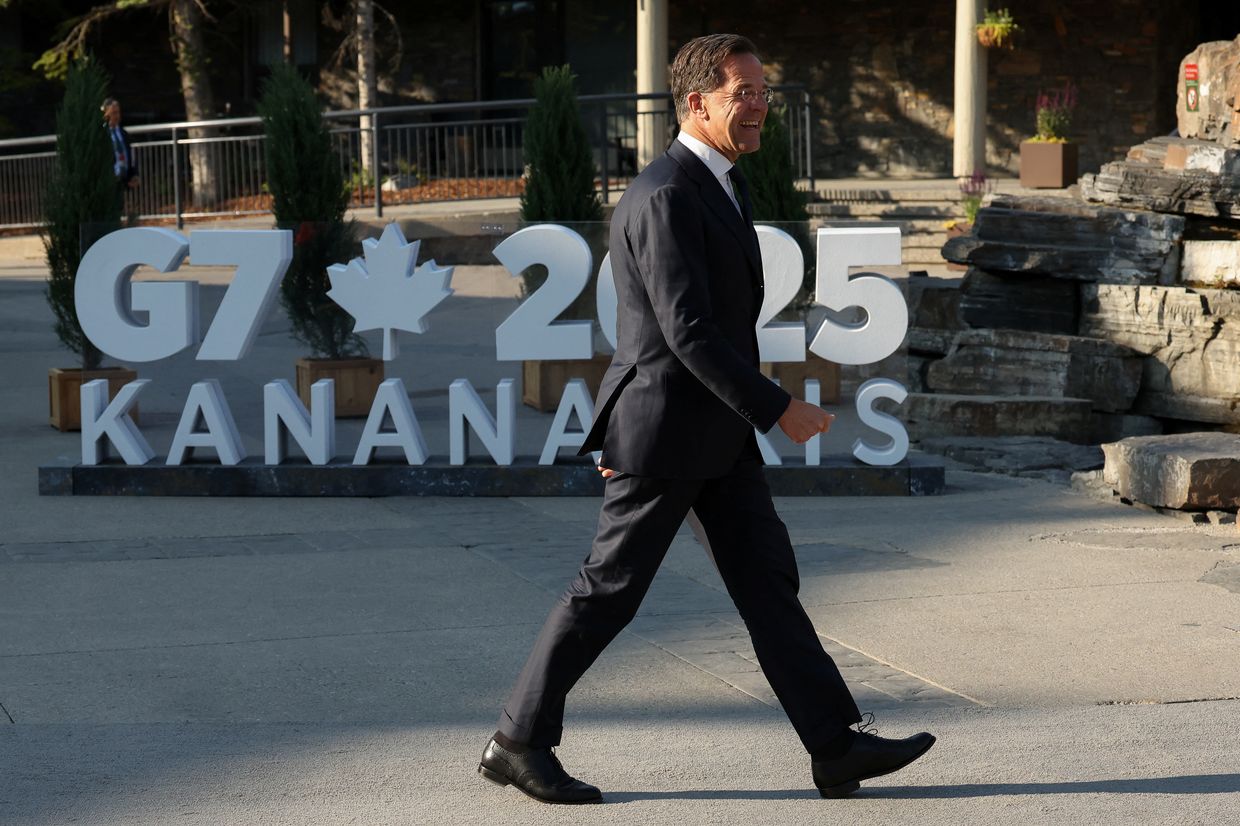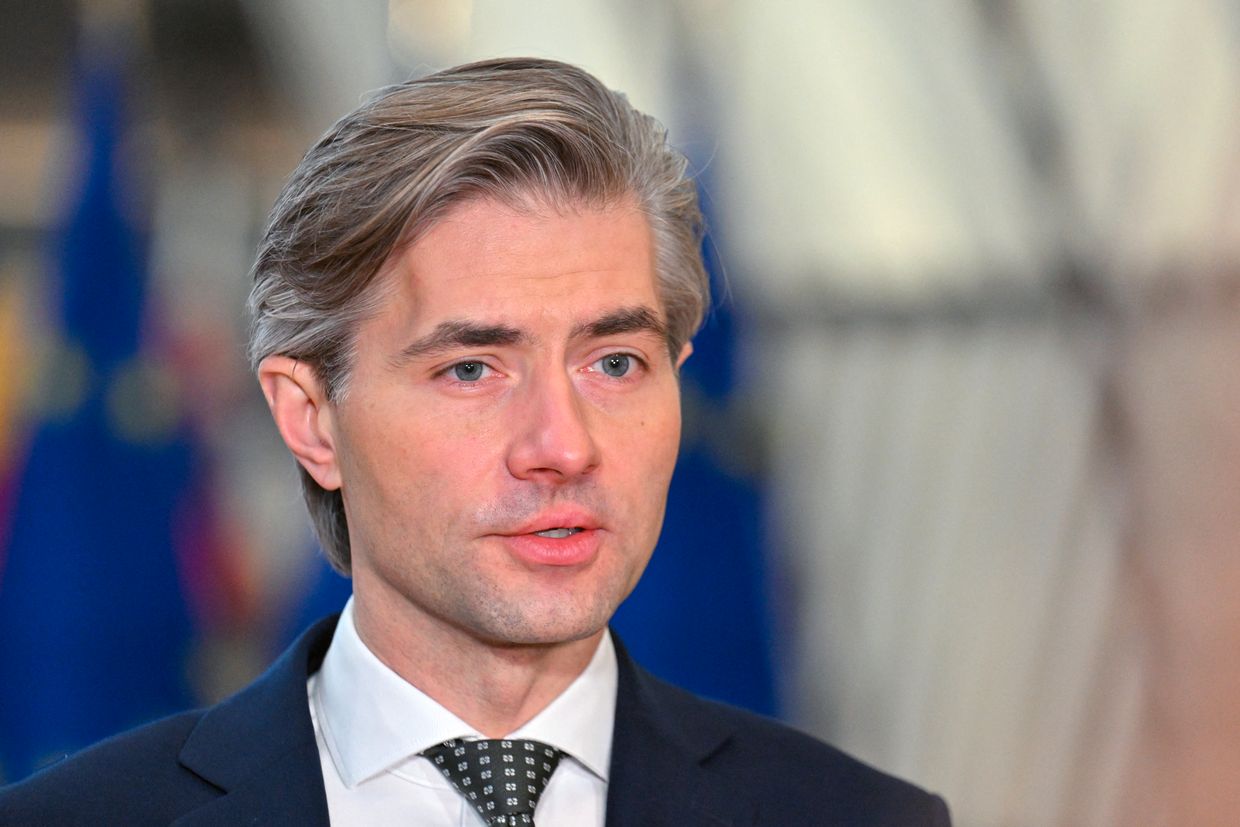Russo-Ukrainian war, day 1253: Kremlin dismisses Trump’s 10-day tariff ultimatum while senator says Putin doesn’t deserve extra time at all
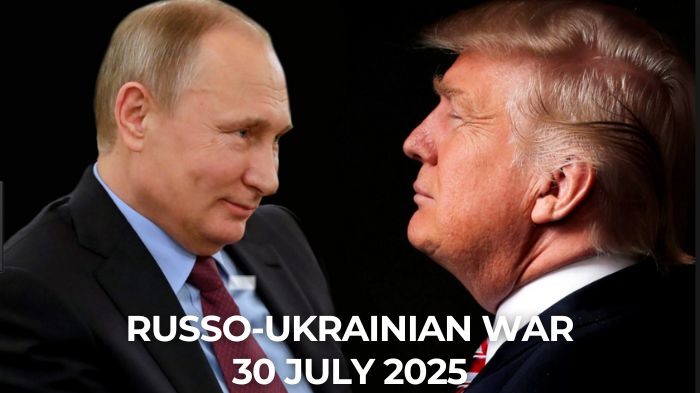
Exclusives
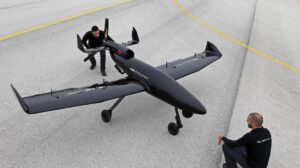 |
Portugal sent Ukraine $ 250 million in military aid — the drones alone cost Russia $ 4 billion. Portugal nearly doubled its pledge to Ukraine, sending $250 million in 2024. Its Tekever drones alone have destroyed two Russian S‑400 air defense systems. |
 |
Social media’s invisible battlefield: Who decides what you see? (Viplikes’ Guide). What you see—and what you don’t—is shaped by a mix of corporate interests, political agendas, and opaque systems designed to keep you engaged |
 |
Tech innovation: How blockchain cloud mining is reshaping passive income in 2025. Blockchain-based cloud mining platforms are positioning themselves as a user-friendly alternative to traditional mining, which often requires expensive hardware, ongoing maintenance, and technical expertise |
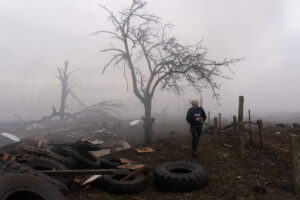 |
Ukrainian war documentaries Russia doesn’t want you to see. These films expose Russian war crimes and showcase Ukrainian resilience through stories of survival, volunteering, art creation amid destruction, and resistance that directly contradict Moscow’s propaganda about Ukraine. |
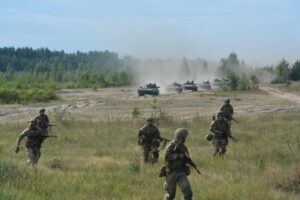 |
20,000 wrecked vehicles behind them, Russia’s last tanks crawl toward Siversk. A Russian tank column rolled into a bloody disaster outside Siversk in eastern Ukraine. But Moscow’s troops are still advancing. |
Military
Ukraine destroys Russian electronic warfare hub in occupied area of Black Sea, sets up Ukrainian flag. Ukrainian special forces eliminated the entire Russian garrison, while not a single Ukrainian soldier was killed or injured in the nighttime assault.
Russian missile struck Ukrainian military training ground, killing three soldiers and wounding dozens. An investigative commission will examine whether command failures and safety protocol violations have contributed to the casualties.
As of 30 JUL 2025
, the approximate losses of weapons and military equipment of the Russian Armed Forces from the beginning of the invasion to the present day:
-
-
- Personnel: 1052190 (+890)
- Tanks: 11066 (+1)
- APV: 23065 (+1)
- Artillery systems: 30895 (+30)
- MLRS: 1451
- Anti-aircraft systems: 1202
- Aircraft: 421
- Helicopters: 340
- UAV: 48685 (+100)
- Cruise missiles : 3548
- Warships/boats: 28
- Submarines: 1
- Vehicles and fuel tanks: 56754 (+67)
-
Intelligence and technology
Ukrainian pilot instructor caught selling Western fighter jet secrets to Moscow. The arrested major served in an air brigade tasked with shooting down the same Russian drones and missiles his intelligence helped target Ukrainian airbases.
Massive data breach hits Russian authorities in occupied Crimea as Ukrainian intelligence downloads secret military files. Ukrainian cyber specialists downloaded 100TB of Russian military data from occupied Crimea before destroying the original files on government servers, according to intelligence sources cited by RBK-Ukraine.
International
Dozens of politicians boycott Russian sanctioned official invited speaking at conference in neutral Switzerland. Ukraine called Valentina Matvienko’s conference participation “disgraceful” and emphasized that she belongs behind bars and not at international events.
Europe can’t defend itself without Ukraine, Estonia’s NATO envoy warns. Estonia’s NATO ambassador Jüri Luik warns that without Ukraine’s military power, Europe cannot contain the Russian threat or build a defense independent of US support.
Frontline report: Trump unleashes economic war on Brazil to cripple Russian anti-Western BRICS alliance. The US experiments with attacking Russia’s most vulnerable ally first, testing whether economic pressure on BRICS members can isolate Moscow without direct confrontation.
Humanitarian and social impact
Russian daily terror of civilians in Ukraine continues: five injured and extensive damage
. Three people were injured in Kharkiv as the drone debris landed on residential areas.
Political and legal developments
Ukraine’s government again fails to appoint head of Bureau of Economic Security. Ukraine faces missing a crucial International Monetary Fund benchmark as the Cabinet of Ministers refused for the 2nd time to appoint Oleksandr Tsyvinsky as head of the Bureau of Economic Security
Rada Committee backs Zelenskyy’s NABU independence u-turn after mass protests. Ukrainian MPs voted to restore independence to the country’s main anti-corruption agencies, just nine days after President Zelenskyy signed legislation that sparked mass protests across the country.
US senator: Stop giving Putin extra time, vote on 500% sanctions now. Democratic Senator Richard Blumenthal pushes for 500% tariffs on Russian oil buyers, including China and India, while President Trump proposes lower 100% tariffs.
ISW: Putin allies dismiss Trump tariff threat, vow to continue Ukraine war. The Kremlin told President Trump that Russia will determine the timing of peace negotiations, not Washington, after Trump shortened his Ukraine war ultimatum from 50 days to 10 days with threats of new tariffs.
EU threatens to withhold $3.3 billion over Ukraine’s failure to reform another anti-corruption agency. The intertwined challenges of anti-corruption scandals and stalled reforms place Ukraine’s international support at a critical crossroads.
-
-
- Read our earlier daily review
-
You could close this page. Or you could join our community and help us produce more materials like this.
We keep our reporting open and accessible to everyone because we believe in the power of free information. This is why our small, cost-effective team depends on the support of readers like you to bring deliver timely news, quality analysis, and on-the-ground reports about Russia's war against Ukraine and Ukraine's struggle to build a democratic society.
Become a patron or see other ways to support.
